How Ikea got Creative with Workforce Design
It’s time for a good news story - a reminder that the future of work can actually be exciting.
It doesn’t need to feel doom and gloom all the time, the proposition isn’t just do this or else; at Neoma, we know this industrial revolution is an opportunity to redesign work in a way that benefits both businesses and people.
Flatpacks and Career Hacks.
We say that technology shouldn’t replace people- it should unlock untapped potential. A story we came across recently echoes this sentiment perfectly: When automation rolled out across IKEA’s customer service teams, they didn’t tell thousands of loyal, customer-savvy staff to ‘get packing’. They made a smart, strategic shift, retraining them as online interior design advisers. The result was happier employees, delighted customers, and an extra $1.4 billion on the bottom line. You could say… they nailed it. (Sorry- I’m done with the puns now.)
Like many large orgs over the last few years, IKEA introduced artificial intelligence to handle the avalanche of routine customer questions. Their AI chatbot, Billie, started answering nearly half (47%) of customer enquiries. For IKEA, this was a win for efficiency- but it did leave the question of what to do with approximately 8,500 people who had been serving those customers personally until now?
Most companies would have defaulted to the path most travelled. Mass layoffs have become so routine, their financial and reputational impact seem to have settled into a strange, counterintuitive acceptance amongst boards and shareholders- even when the long-term costs are high. Companies are under more pressure than ever to increase profit margins, understandably leading to difficult decisions. But IKEA have shown that there is a radically different path to be taken, one that increases revenue without sacrificing staff. They doubled down on their people, betting that their knowledge and experience would help IKEA reach their customers on another level, and particularly to engage a younger, more digitally-savvy generation.
Headsets to Home Makeovers.
IKEA’s reskilling program was ambitious, practical, and at its core, human. Instead of redundancy notices, affected staff were offered online learning and mentorship to develop skills like:
Digital design and use of 3D visualisation tools
Space planning and “the IKEA way” of creating beautiful, functional rooms
Empathy-driven customer consultations- something AI simply can’t match
Within a year, these team members were leading remote consultations; helping customers choose colours, layouts, lighting; creating entire workspace fit-outs.
For context, a Virtual Interior Design role didn’t exist before this, and had never generated any revenue. The service is now offered across Europe, USA, Australia, and the UAE.
Unboxing Billions in New Revenue.
Here’s what that investment delivered:
8,500 customer service agents gained new careers as interior design advisers.
Remote interior design sales hit €1.3 billion (about A$2.3 billion) in 2022, 3.3% of Ingka Group’s total sales.
IKEA’s goal: push design services to 10% of all sales by 2028.
And best of all, steady work and a modernised skill-set for thousands who might otherwise have fallen behind in the digital age.
AI is Smart- But Humans are the Glue.
What stuck with me most wasn’t just the creation of a brand-new revenue stream of that size (though that is wildly impressive), it was the ripple effect of doing right by your people:
Team members felt valued and empowered- instead of replaceable.
Customers got a better, more personal IKEA experience, resulting in higher sales-per-customer.
The company sent a really meaningful message: people can grow alongside new technology, not just be swept aside by it.
I’d love to see IKEA’s recruitment and retention data for the last few years- I would be shocked if it hadn’t had a hugely positive impact on job application rates, churn rates, referral rates, etc; saving them even more money in less tangible ways.
As technology transforms every industry, IKEA’s story is proof that people-first strategies create the strongest, most resilient businesses.
What Can We Learn?
At Neoma, we believe stories like this shouldn’t be the exciting exceptions, they should be the new standard. Technology is changing fast, but with the right attitude and investment, your team can change just as quickly and claim adaptability as a core trait. When businesses choose reskilling over redundancies, everyone wins:talented people stick around, customer experience soars, and your brand gets stronger; inside and out.
So, next time tech disruption knocks at your door, ask yourself: How can we help our people step up, rather than step aside?
Neoma helps businesses do exactly that. We create practical, high-impact pathways to transition your people into high-demand tech roles. If you want to explore how reskilling could work in your organisation, get in touch.


